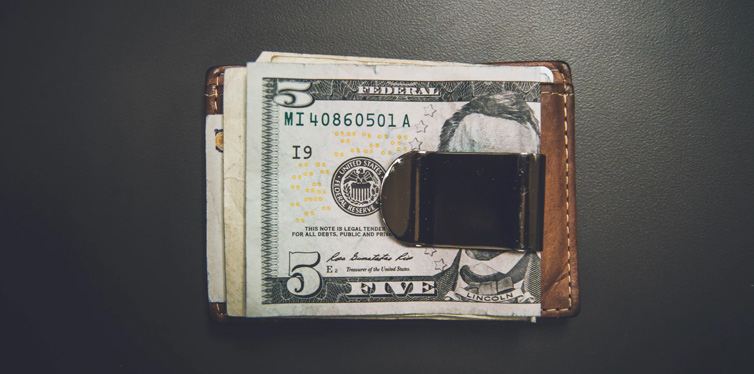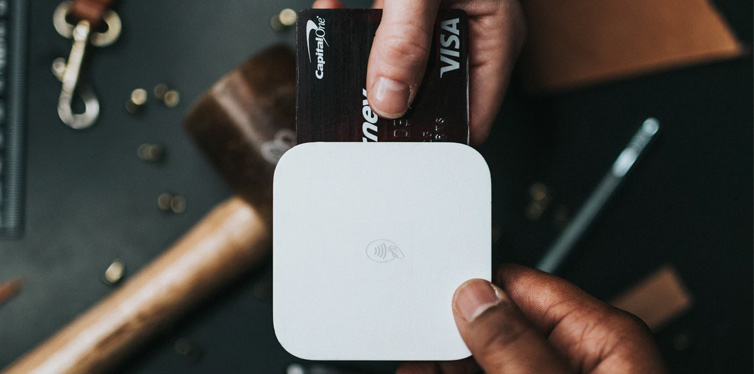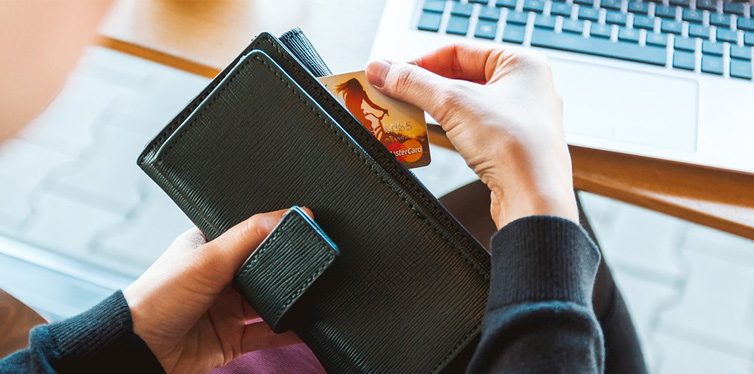How To Save Money
There are so many communications around money with some popular quotes like “money makes the world go round”. For an item that has so much value and plays a very important role in our day to day lives, there is the need to pay careful attention to it, from making money to managing it. We are here with 8 amazingly helpful and practical tips to help you save money.

1. Have A Budget
In the simplest terms, a budget includes a list of potential expenses required for a period of time or for a specific event or project. It is vital to have a weekly or monthly budget for your projected expenses. This helps you better plan your finances. It also helps you prioritize your needs to determine what you need immediately, what you can afford to do without and what you ultimately don’t need at all. Through budgeting, you can also apportion funds for saving. That way you don’t have to struggle to save, you simply have to take the budgeted amount and put in your savings. It also helps you reduce the amount of money spend on impulse because most of the things you purchase would have already been planned for on your budget, except in extreme cases or emergencies.
2. Don’t Spend More Than You Earn
As human as we are, we have endless wants. We always want the latest dresses, the limited edition cars, the gold watches and all the fancy things we can get. However, we tend to spend over and above what we earn in our quest to meet all our wants. This leaves us in debt even before our next paycheck comes in. The most practical way to acquiring these wants without staying in debt is to save towards it. For instance, if you want a $1,000.00 gold Rolex Watch, you can decide to put it on your budget and save towards it, instead of taking that lump sum out of your earnings to buy it. That way, you get to spend within your means, and still save towards your savings goal as well as save towards your wants.

3. Have A Savings Goal
Just as you decide to save for your Rolex watch, you should also have a target amount you intend to save towards over a specific period of time. That way, you don’t just save the surplus you have, but rather, you make a conscious effort to save a specific amount of money over a fixed period of time to meet your goal. Its best to have annual or semi-annual targets, that way, you can track and measure your performance.
4. Don’t Keep Too Much Money On You
As creatures of endless wants, we have the tendency to spend on things we don’t need simply because we have the purchasing ability to. Most often, we don’t realize the effect of this little spending on our finances because we think, “this is not much, it’s only $5”, but 10 of that $5 is $50 on items you haven’t budgeted for or have no need for. One pragmatic way to curb this character is to keep only the sums you intend to use for that particular day.

5. No Amount Is Too Small To Save
There is an old adage that says “little drops of water make a mighty ocean”. In the same vein, little drops of cents make a mighty dollar. No amount is too small to save. Assuming you save $5 every week in your piggy bank, that’s a whole $240 in a year. In 5 years, that will be $1,200.00 saved.
6. Use Electronic Means Of Payment As Much As Possible
As much as you work towards keeping only the amount of money you need on you, using electronic means of payment is super helpful as well to practice this tip. Electronic payments help you pay the exact amount you need for an item. It keeps you in check when you try to spend on things that haven’t been budget for because that leads to a direct debit on your account. In most cases, the debit deters people from spending in excess.

7. Cut Habits That Make You Spend More
We say life is short, and that we only live once so live your best life when you can. In as much as you try to live our best lives and make the most out of everything, you have to remove habits that drain your finances and affect your savings. If habits such as drinking make you spend more than you intend to, start by reducing the number of times you drink in a week or month. Replace such activities with other equally fun ones such as hanging out at the beach with friends, going to the cinema or watching a movie on Netflix. With time, you will be able to cut these expensive habits out completely and channel the funds into your savings.
8. Be Accountable
In other to improve your saving habit, you need to learn to be accountable. You can either employ the buddy system with this approach by accounting to a trusted buddy or spouse on your savings target and the amount that has actually been saved. Alternatively, you can use saving apps that can help you track your savings performance against your savings goal.

9. Avoid Spontaneous Purchases
Very often, people get the urge to buy something. It is mostly stimulated by good marketing, which exploits the moment and feelings associated with products. No doubt, in this fast-paced world, there’s very little time to think about what you’re actually doing. It is sometimes hard to escape spontaneous decisions, but if you have the urge to buy something spontaneously, first write it on a piece of paper and throw it in a drawer or a box. After that, you have to let at least a week pass. You will probably notice that the “I need that something” feeling is completely gone. If the urge is still very great even after a week, then go ahead and purchase it. Basically, this method is just a protection against useless spontaneous purchases – such as those that are only used twice and kept lying around.










